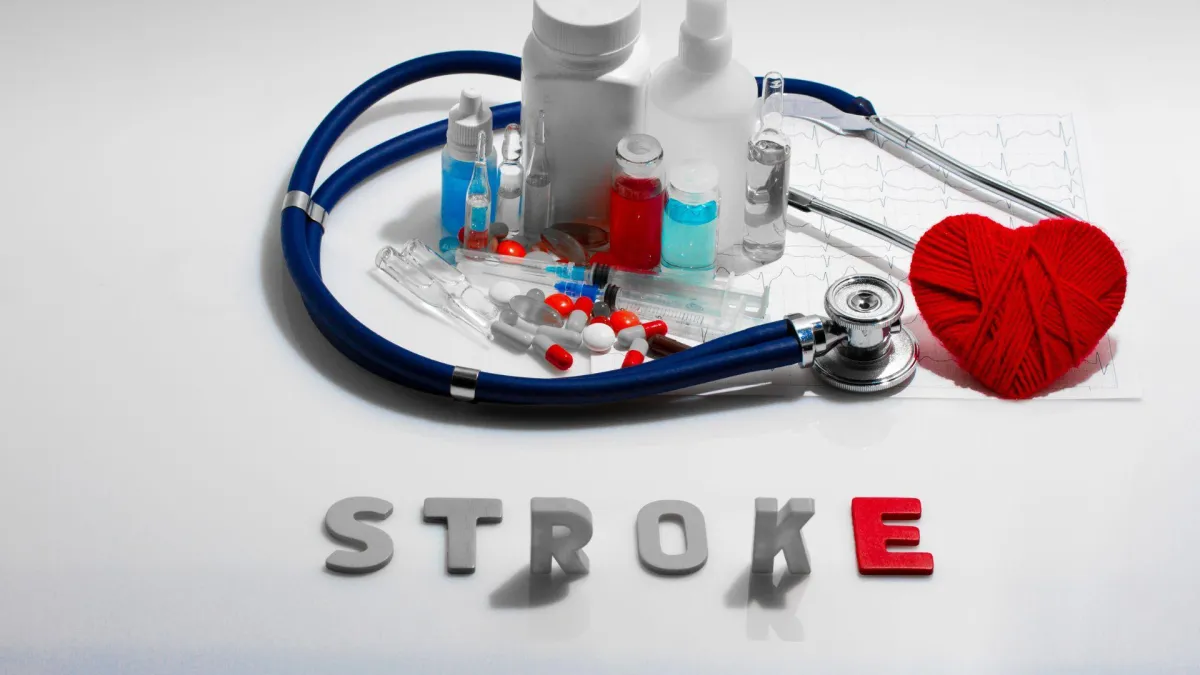Evaluative Reflection
The primary objective of the assignments in this course was to cultivate a deeper understanding of community assessment, population health needs, asset-based approaches, and the integration of caring sciences into public health nursing practice. These artifacts—ranging from analytical reflections, a group application activity focused on stroke risk and screening, to a comprehensive community assessment—were designed to develop both theoretical knowledge and practical skills for addressing health disparities among older adults living in low-income housing.
Across these assignments, my best work is reflected in the Analytical Reflections piece. This artifact stands out because it ties Jean Watson’s Caritas Processes of caring directly to challenging real-life clinical scenarios. By referencing Watson’s framework, I demonstrated the ability to integrate evidence-based caring theory with practical, compassionate solutions, such as collaborating across agencies to ensure a patient’s access to needed services. This demonstrates both a strength in creative problem-solving and deep ethical commitment, as highlighted in the clinical scenario involving multi-stakeholder coordination to secure a patient’s state ID. The second vignette, involving emotional support for a grieving patient, shows the application of emotional and spiritual attunement, reflecting a nuanced understanding of holistic care.
The Community Assessment artifact is strong in illustrating the shift from a deficit-oriented mindset to an asset-based approach, a key takeaway from the course and Stanhope & Lancaster’s framework. Our group explicitly challenged assumptions about the community, advocated for participatory and empowering strategies, and emphasized partnership with residents in the assessment process. This work highlights growth in my ability to recognize community strengths and value residents’ knowledge, skills that are essential for public health nursing. However, while the asset-based approach was well articulated, the assessment could have been improved by integrating more direct quotes or testimonials from community members to better exemplify participatory methods in action.
The Group Application: Screening Activity evidence strong research skills and critical analysis, particularly in drawing attention to stroke disparities between Sacramento and Placer counties and critiquing existing risk tools for underrepresenting social determinants of health. The section on limitations and the need for expanded risk models connects public health data to vulnerability among older adults in low-income settings, demonstrating a systems-level understanding. Nevertheless, the artifact could be enhanced through more actionable recommendations or a brief mapping of how the team’s insights would influence specific interventions for the target population.
Throughout completion of these artifacts, I have seen significant progression in both analytical and practical competencies. I now better appreciate the importance of marrying technical competence (epidemiological analysis, risk assessment, community engagement tools) with the art and ethics of nursing (compassion, listening, partnership). These assignments have not only met but, in some cases, exceeded the expectations set by the course and instructor by demonstrating a commitment to advocacy, inclusion, and theory-driven practice. In the future, I would strive to deepen community engagement further by arranging more direct participatory activities and building in mechanisms to evaluate the actual impact of interventions enacted as a result of these assessments, thereby closing the loop between analysis and action.
Overall, these artifacts reflect a period of genuine growth for me—moving from viewing populations as having needs to recognizing them as partners possessing unique strengths, and understanding my role as a nurse in facilitating both individual and systemic change.
Analytical Reflections

Community Assessment

Group Application Screening Activity
